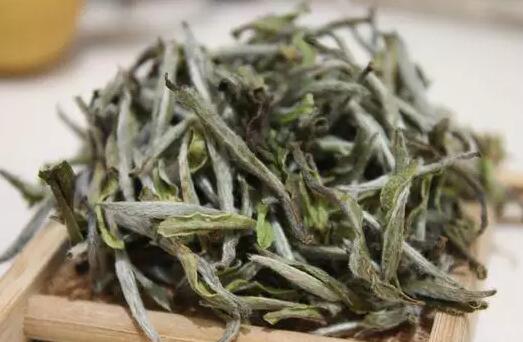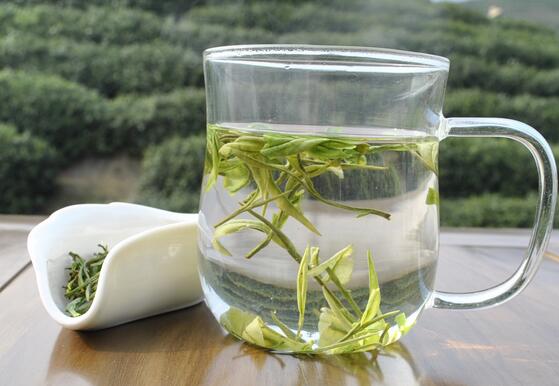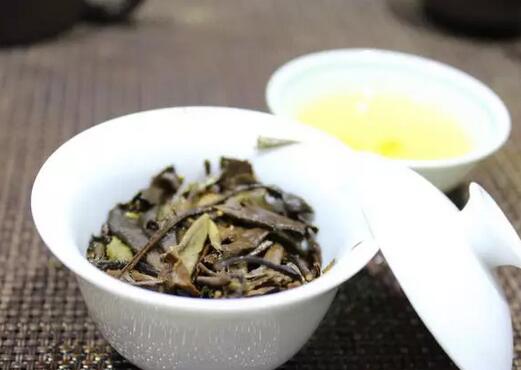The culture of tea is vast and profound, with a wide variety of tea types, each possessing its own unique aroma and flavor. Professional terminology is used during evaluations, and white tea is no exception. Today, we will discuss the professional terms related to the aroma in white tea evaluations.

1. Milky Aroma
A distinctive aroma of Fuding white tea, referring to the scent of young white hairs, such as the 'milky aroma with honey undertones' of Baihao Yinzhen.
2. Fresh and Strong
A rich and refreshing aroma that lingers.
3. Fresh and Tender
A delicate, fresh, and pleasant aroma, characteristic of fine young buds and leaves, similar to milky aroma.
4. Clear Fragrance
A pure and gentle aroma, not overpowering but subtly lingering, evoking a sense of pleasure.

5. Clear and Elevated
A refreshing and uplifting fragrance that lingers in the nose, characteristic of fresh and tender tea leaves.
6. Sweet and Long-lasting
A clear and elevated aroma with a sweet note that endures.
7. Fresh and Refreshing
A bright, clean aroma that leaves a refreshing sensation.
8. Fresh and Sweet
Fresh with a hint of sweetness.
9. Sweet and Pure
A mild yet distinctly sweet aroma.
10. Pure and Mellow
A clean aroma, neither too strong nor too weak, free from any off-odors; also referred to as 'pure and harmonious.'
11. Dull and Muddy
An aroma with some intensity but feels sluggish and unpleasant.
12. Rough and Bland
A low-intensity aroma with the coarse scent of aged tea, also called 'rough and aged.'

13. Turbid Odor
Mixed with other scents, giving a heavy and unpleasant impression.
14. High-fire
A high-temperature roasting scent caused by prolonged drying at excessive heat.
15. Stuffy Odor
An unpleasant stale smell resulting from prolonged stacking of tea leaves after harvesting and delayed drying.
16. Over-fired or Burnt
Caused by improper roasting temperature; a slight burnt scent is called 'over-fired,' while a severe one is termed 'burnt.'
17. Off-odors
Scents like burnt, smoky, sour, stale, moldy, oily, metallic, woody, or other undesirable odors. Specific descriptions are usually required.